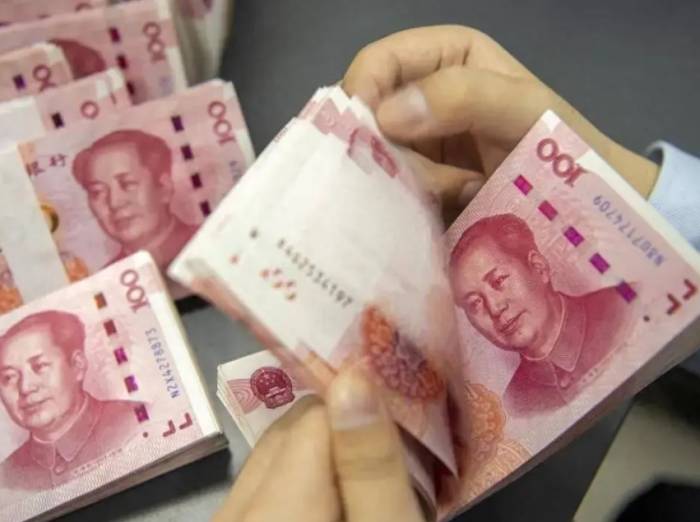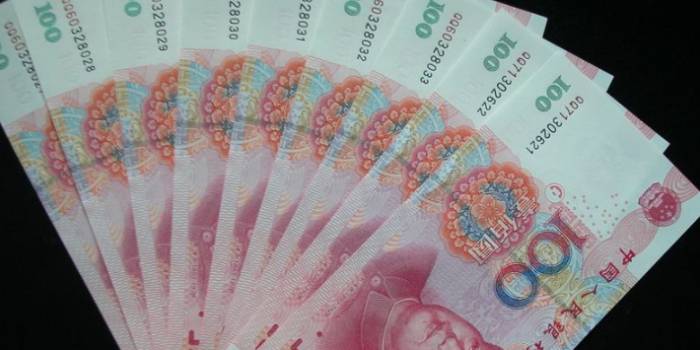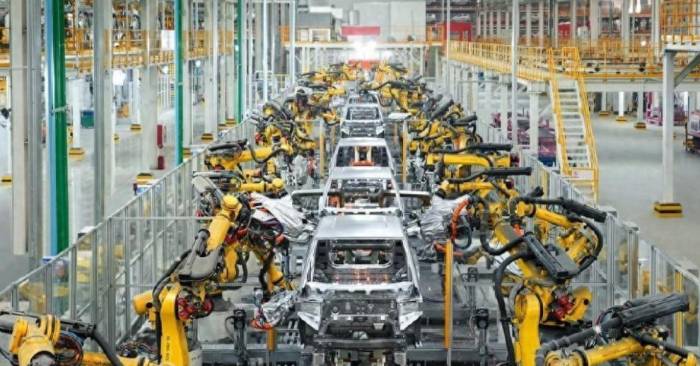In the context of globalization, every subtle geopolitical shift in the automotive industry can potentially trigger market fluctuations. Recently, a decision by the Chinese government has made the international automotive market feel the power of such fluctuations. China has halted domestic car manufacturers' plans to build factories in India. This decision not only caught India off guard but also prompted the industry to reevaluate the strategic significance of core technologies.
Why did China make such a decision at this time? Protecting core technology is undoubtedly an important factor. In today's rapidly transforming global automotive industry towards electrification and intelligence, core technology has become the focal point of competition among major car manufacturing countries. Chinese car manufacturers have shown strong competitiveness in this transformation, especially in electric vehicle technology.
China's new energy vehicle market has shown initial success after years of cultivation, with high domestic market sales and increasingly recognized technology internationally. This accumulation of technology is not the result of overnight efforts but the outcome of long-term strategic planning and substantial R&D investment. Retaining these technologies domestically is undoubtedly a form of protection and investment in the future development of China's automotive industry.
At the same time, the Indian market is tempting for Chinese car manufacturers. India's large population base and growing middle class make it one of the fastest-growing automotive markets globally. However, the complexity of the Indian market should not be overlooked. From policy environments to consumer preferences and local protectionism, these factors present significant challenges to foreign investors.
Furthermore, the complexity of China-India relations adds uncertainty to the investment decisions of car manufacturers. Political and border disputes occur from time to time, and the instability in this broader environment can affect the operations and development of businesses in India at any time.
Faced with such market environments and external conditions, the cautious attitude of Chinese car manufacturers is understandable. The halt in building factories in India can also be seen as a risk management strategy. By controlling the output of core technology and optimizing the global production layout, Chinese car manufacturers can not only protect their technological advantages but also better cope with the uncertainties of the international market.
The impact of this decision is multifaceted. First, for India, this is undoubtedly a significant blow. The Indian government has always hoped to promote the development of its manufacturing industry and economic growth by attracting foreign direct investment. The withdrawal of Chinese car manufacturers may hinder the development of India's automotive industry to some extent.
For Chinese car manufacturers, this decision is a double-edged sword. Although it can avoid technology outflow and reduce political risks in the short term, in the long run, giving up such a huge market may affect the company's global strategy. Finding a balance between protecting core technology and expanding into international markets will be a challenge that Chinese car manufacturers will face in the future.In summary, this decision is not merely a simple market exit but a reflection of strategic adjustment. In today's increasingly competitive global automotive industry, how to balance the relationship between technology protection and market expansion is a question that every automobile-manufacturing nation must consider. Undoubtedly, China's decision has added a new dimension to the development trend of the global automotive industry.
Behind this series of decisions, the long-term strategy of Chinese automobile manufacturers is also quietly evolving. Faced with the constant changes in the global market and the rapid development of technology, Chinese companies are beginning to focus more on the accumulation and innovation of internal technology rather than mere market expansion. Although this shift in strategy may lead to the loss of some market opportunities in the short term, it is aimed at establishing a more solid competitive foundation in the long run.
In today's global economic integration, the industrial development of any country cannot be completely separated from international cooperation. Chinese automobile manufacturers have formed a vast network in the global market, including investments and cooperation in Europe, the Americas, Southeast Asia, and other regions. However, the particularities of the Indian market, to a certain extent, require companies to have greater strategic flexibility and risk management capabilities.
The uncertainty of the Indian market is not without precedent. In the past few years, the business cases of several international companies in India have already demonstrated the complexity of this market. From the instability of labor laws to the frequent changes in tax policies, and the impact of local protectionism, these factors have severely tested the patience and wisdom of foreign investors.
Chinese companies have always maintained a high degree of flexibility and adaptability in their global layout strategies. The temporary withdrawal from the Indian market can also be seen as part of this global strategic adjustment. By taking a temporary step back, companies can allocate more resources and energy to deepen their presence in other markets, which is a common expedient in business strategy.
Furthermore, the issue of technology protection is particularly important in today's knowledge economy era. For companies with advanced technology, how to protect their intellectual property rights in the context of globalization is a challenge that must be faced. This decision by Chinese automobile manufacturers also reflects a high level of vigilance against the risk of technology leakage.
The Chinese government has also given high support and guidance on this issue. While promoting domestic companies to "go global," it has also emphasized the principle of "going global with technology." This is not only to protect the interests of companies but also to safeguard the country's economic and technological security.
From another perspective, this decision is also a response to India's policy environment. In the past few years, although the Indian government has made efforts to improve the investment environment and attract foreign capital, foreign companies still face many challenges in practice. This decision by Chinese companies can be seen as a voting-style feedback to this unstable environment.
For India, this is undoubtedly an incentive to re-examine and improve its policy environment to better attract and utilize foreign capital. For Chinese companies, this is a strategic adjustment and optimization, and it is also a responsible consideration for their long-term development.In the future, with further technological advancements and changes in the market environment, Chinese automobile manufacturers may reconsider their strategy for the Indian market. However, until then, protecting core technologies, optimizing global layout, and responding to various international risks will be their main strategic directions.
Through this incident, we can see that in the tide of globalization, every enterprise needs to have a clear strategic vision and flexible response strategies. For Chinese automobile manufacturers, this decision is an important adjustment to their global strategy and a positive response to changes in the international market. In future development, how to balance technology protection and market expansion will be a continuous challenge they face.
As the global economic landscape continues to evolve, this decision by Chinese automobile manufacturers will undoubtedly bring more thoughts and discussions to the international market. This is not only a question of market choice but also a question of how to maintain a lasting advantage in global competition. We look forward to seeing Chinese automobile manufacturers play a more active and key role in the global automotive industry.
As the topic deepens, we welcome more readers to share their opinions and views in the comment section, discussing the future direction of China's automotive industry and its role in the global market.






























Add your perspective